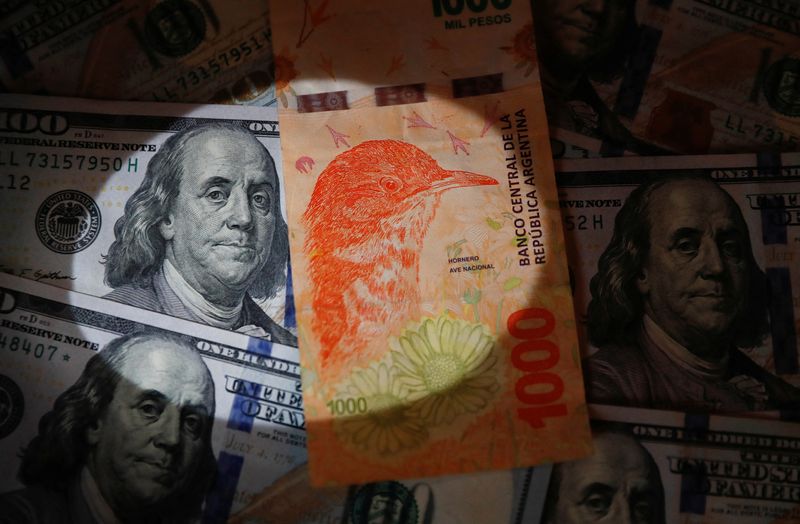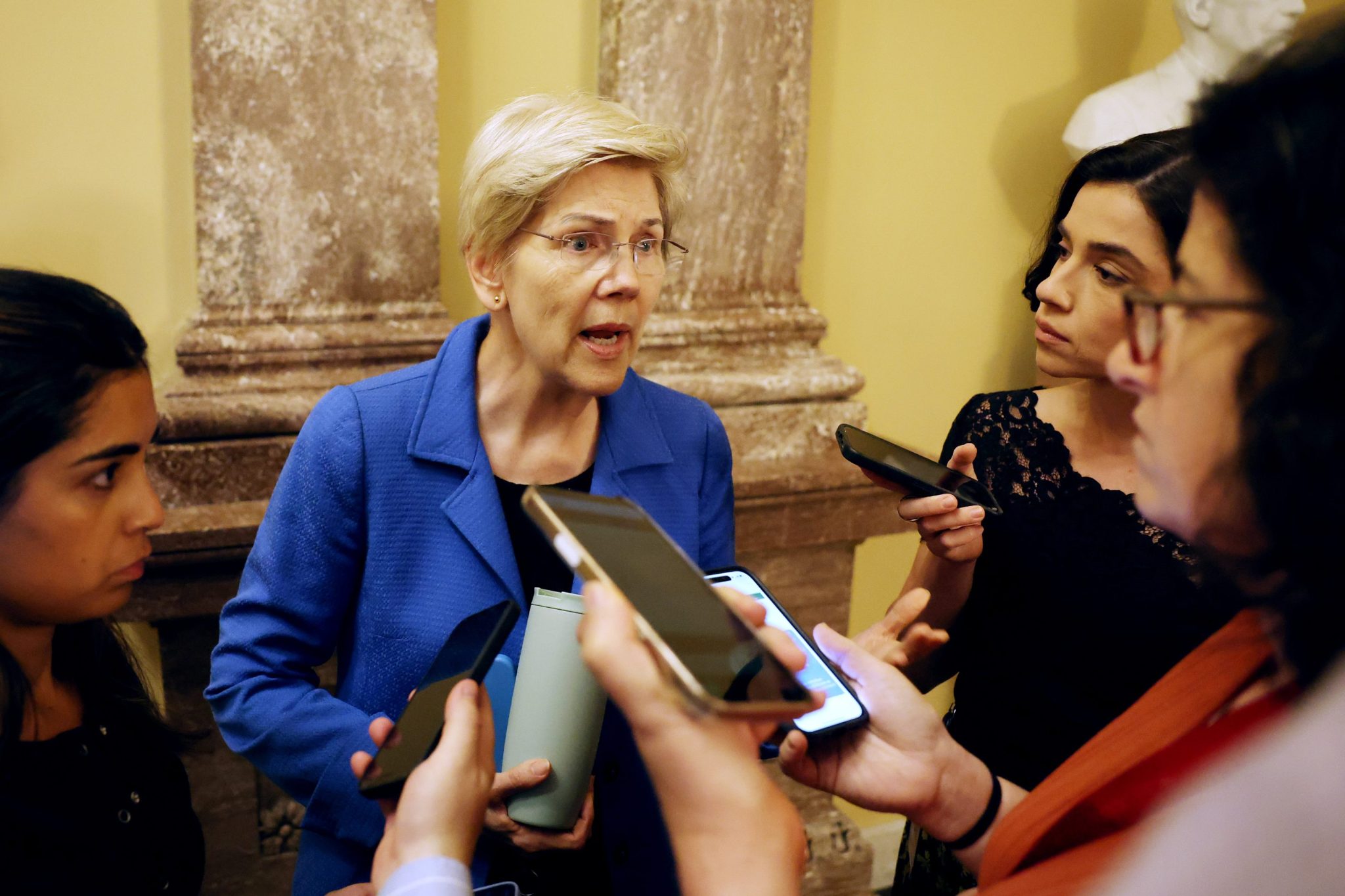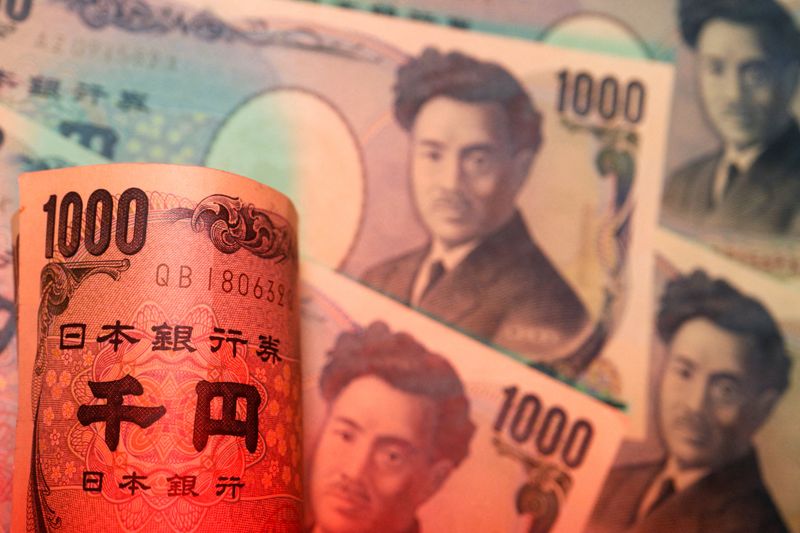Citi is going long Argentina BONTE 30 after U.S. Treasury intervention
PositiveFinancial Markets

Citi's decision to invest in Argentina's BONTE 30 bonds following a U.S. Treasury intervention signals confidence in the country's financial recovery. This move is significant as it reflects a growing optimism among investors about Argentina's economic stability and potential for growth, especially after recent government reforms aimed at attracting foreign investment.
— Curated by the World Pulse Now AI Editorial System

















